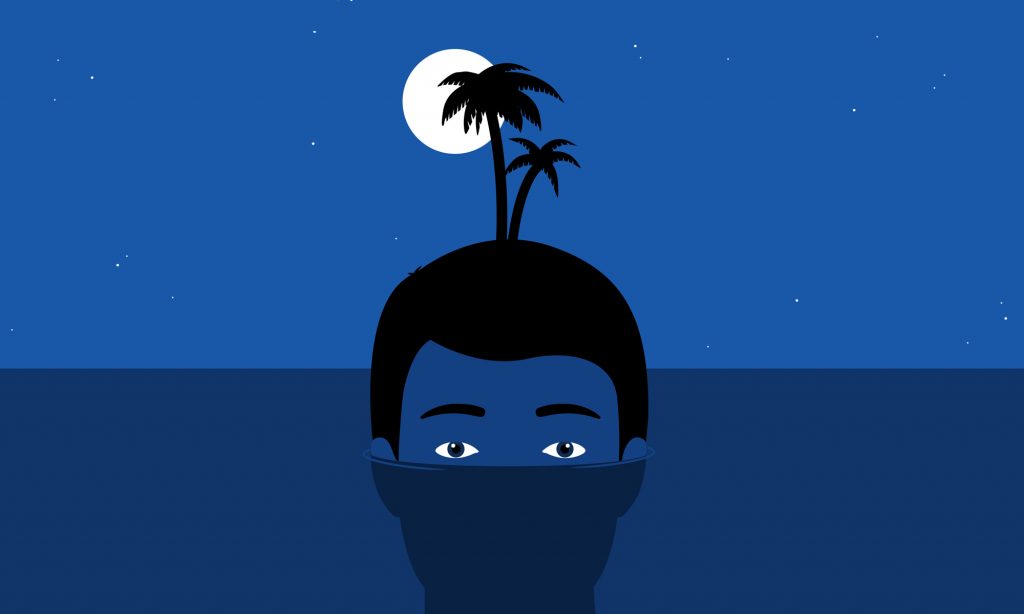
There is an epidemic of loneliness in our society particularly with the young generation. They may appear to be active and vibrant, but deep within, they are restless and longing.
Gauging from the clients I received now, it appears that our young people are especially affected by this pandemic, making them feel isolated and more depressed.
Especially in the west, survey has shown that most adults are considered lonely. That particular study found that the youngest generation of those surveyed were the loneliest of all.
A recent poll confirmed this finding. Millennials have surpassed the previous generations as the loneliest generation. About one in five people in this age range (23-28) say they have no friends, while 27 percent say they have no close friends, and 30 percent say they have no best friends. These figures are considerably higher than the other generation surveyed.
Why? Another 2018 study from the University of Pennsylvania found a causal link between time spent on social media with decreased well-being. The study concluded that using less social media that you normally would leads to significant decreases in both depression and loneliness.
Loneliness is different from being alone. You can be alone but not lonely. But if you perceive that your social relationships now are not enough, then it will lead to loneliness. Basically, loneliness is perceived social isolation. It is the number of friends you want versus how many you actually have. This perception is significantly affected by social media.
How does social media make us lonely?
Social media affects our internal cognitive processes. How we think and how we feel. It mostly feeds on our internal dialogues, particularly our critical, negativistic, inner voice.
Young people most especially, still grapple with identity and insecurity. Not knowing who they are, they get sensitive with criticisms and this eventually becomes part of their internal voice. This voice becomes their lens by which they filter their experiences.
This critical voice makes young people feel awkward, it puts them down, it makes them suspicious, and lowerstheir confidence. All of these increase their tendency to isolate themselves and to feel more alone.
Social media exaggerates these emotions. In days when we feel low and open our phone and scroll Facebook and see a flood of faces having a good time, our critical voices begin to operate, telling us we are alone, isolated, having no fun, etc.
You repeat these many times and you get drowned in negativism which then escalates into loneliness and depression. And when depression sets in, it can lead to a downward spiral, ending in suicide for some.
Because our loneliness has a lot to do with our perception rather than actual circumstances, then we can do something about it. The first thing to do is to catch the critical voice within. The “no one likes me” or “I have no friends” narrative needs to be evaluated and challenged.
That is why it is important for young people to have opportunities to go to counselors who can help them recognize and challenge these thoughts.
How do we challenge negativistic thoughts? Have do we address loneliness especially with imposed social distancing and curfews? We will talk about this next issue.
